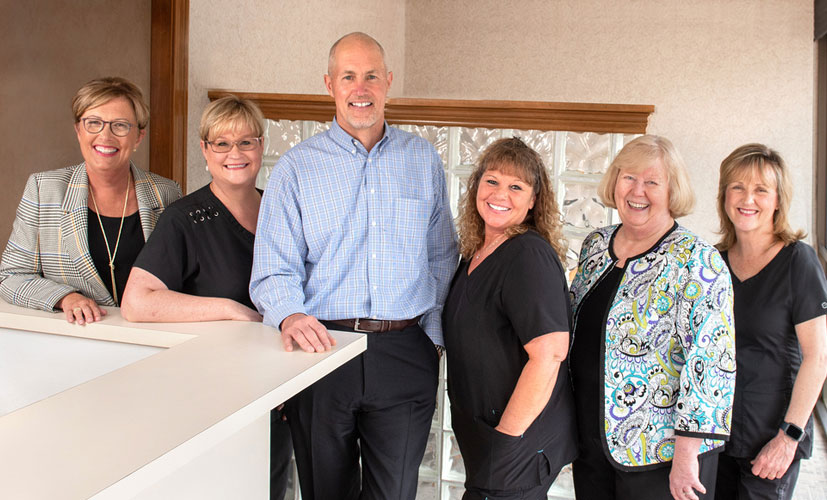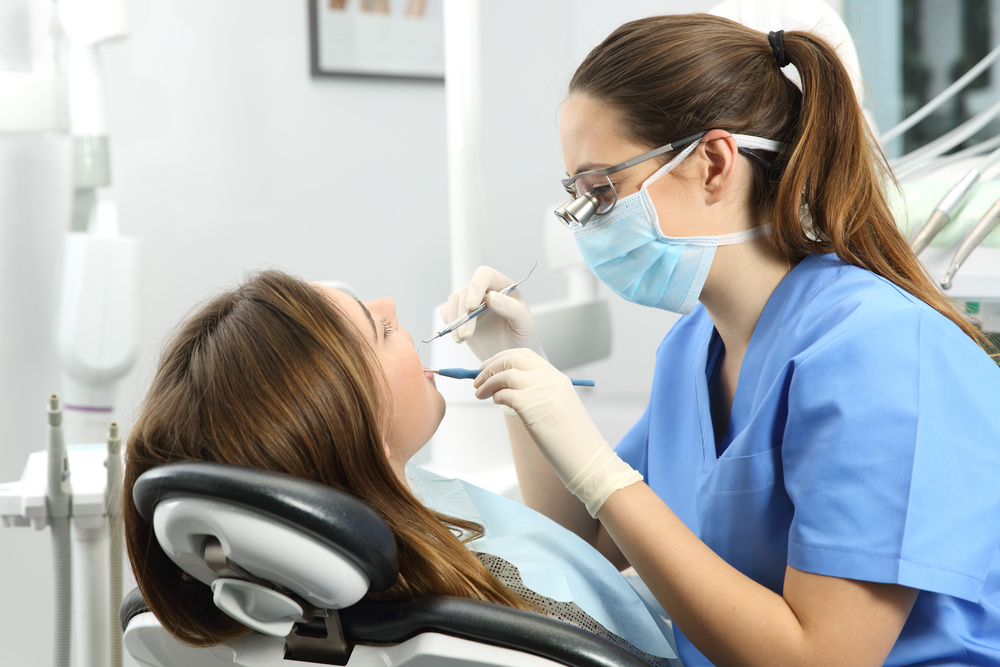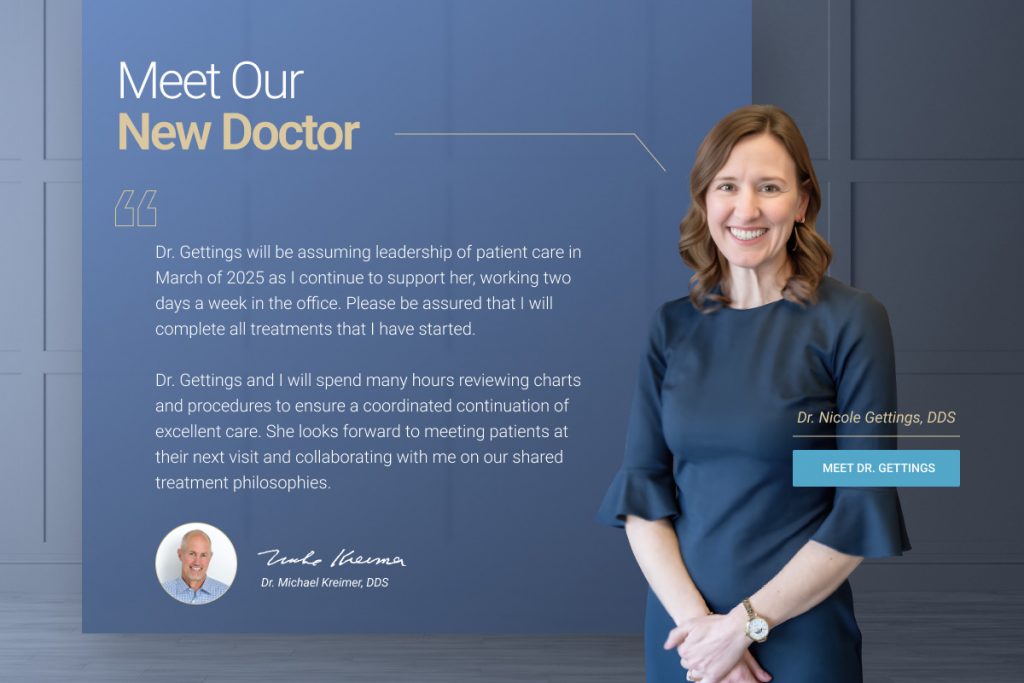Your Professional Teeth Cleaning Experience
Professional dental cleanings form the foundation of preventive oral health care, providing thorough removal of plaque, tartar, and bacterial deposits that daily home care cannot reach. At Michael Kreimer, DDS Family and Implant Dentistry in Loveland, Ohio, we walk you through each step of the cleaning process to help you understand exactly what happens during your appointment and why each step matters for your oral health.
A professional dental cleaning, or prophylaxis, involves systematic removal of accumulated plaque and calcified tartar from tooth surfaces, followed by polishing to create smooth surfaces that resist future bacterial adherence. This comprehensive process addresses areas that toothbrushes and floss cannot effectively clean, particularly along the gum line and between teeth, where gum disease typically begins.
Ready to experience our thorough cleaning process? Call Michael Kreimer, DDS, at (513) 677-3656 to schedule your appointment. We welcome patients from Mason, Montgomery, and Lebanon seeking comprehensive preventive dental care in Loveland.
Dr. Michael Kreimer’s Approach to Regular Teeth Cleanings
With over 30 years of experience serving families in the Loveland area, Dr. Michael Kreimer brings a gentle, thorough approach to every dental cleaning. His extensive training, including his general practice residency at Miami Valley Hospital, enables him to perform cleanings that are both comprehensive and comfortable for patients of all ages.
Dr. Kreimer’s philosophy emphasizes patient education throughout the cleaning process, helping you understand the importance of each step and how to maintain the results at home. Located in the convenient Loveland Crossing Plaza with ample parking and wheelchair accessibility, our practice combines modern equipment with a welcoming atmosphere that puts patients at ease during their cleaning appointments.

Step-by-Step Routine Dental Cleaning Process at Michael Kreimer, DDS
Comprehensive Oral Health Assessment
Your cleaning appointment begins with Dr. Kreimer or our dental hygienist conducting a detailed examination of your mouth, teeth, and gums. Using a small dental mirror and periodontal probe, we assess:
The condition of existing fillings, dental crowns, and other dental work for signs of wear or failure. Gum health is measured by measuring pocket depths around each tooth to identify areas of inflammation or infection. Tooth surfaces for signs of decay, cracks, or wear patterns that may indicate grinding or clenching habits. Soft tissues, including tongue, cheeks, and throat for any abnormalities or signs of oral cancer.
This initial assessment guides the cleaning process by identifying areas requiring special attention and determining the appropriate cleaning techniques for your specific oral health needs.
Professional Plaque and Tartar Removal
The scaling phase represents the heart of the cleaning process, involving meticulous removal of bacterial deposits from all tooth surfaces. Our hygienist uses both hand instruments and ultrasonic equipment to address different types of buildup:
- Ultrasonic Scaling: High-frequency vibrations break apart hardened tartar deposits while a continuous water spray flushes away debris and bacteria. This method efficiently removes large tartar deposits, particularly effective along the gum line where calcification commonly occurs.
- Hand Scaling: Precision instruments called scalers and curettes manually remove remaining deposits and smooth root surfaces. These tools allow for tactile feedback, enabling thorough cleaning of irregular surfaces and areas where ultrasonic instruments may be less effective.
- Subgingival Cleaning: For patients with deeper gum pockets, instruments are carefully guided below the gum line to remove bacterial toxins and smooth root surfaces, promoting gum reattachment and healing.
The scaling process focuses on areas where plaque typically accumulates: along the gum line, between teeth, around existing dental work, and in natural grooves and pits on tooth surfaces.
Tooth Surface Polishing and Smoothing
Following thorough scaling, the polishing phase creates smooth, clean tooth surfaces that resist bacterial attachment and staining:
A rotating rubber cup or brush applies a mildly abrasive polishing paste to each tooth surface. Different paste consistencies address varying degrees of staining and surface irregularities. Coarser pastes remove stubborn stains from coffee, tea, tobacco, and certain foods, while finer pastes provide final smoothing and shine.
The polishing process removes microscopic scratches and irregularities left by scaling instruments, creating surfaces that feel smooth to your tongue and resist plaque accumulation. Special attention is given to visible surfaces to enhance your smile’s appearance while maintaining the health benefits of smooth tooth surfaces.

Interdental Cleaning and Debris Removal
Professional flossing removes any remaining polishing paste and debris from between teeth and along the gum line. This step ensures complete cleaning of areas that are difficult to reach during scaling and polishing:
The hygienist uses specialized floss and techniques to clean between each tooth, removing particles loosened during previous cleaning steps. Areas around bridges, crowns, and other dental work receive particular attention since these locations often trap food and bacteria.
For patients with tight contacts between teeth or sensitive gums, alternative interdental cleaning methods may be used, including water irrigation or specialized cleaning aids designed for specific situations.
Fluoride Application and Enamel Protection
Many patients benefit from professional fluoride treatment following their cleaning. This optional step provides additional protection against decay:
Fluoride gel, foam, or varnish is applied directly to tooth surfaces using custom trays or direct application techniques. The concentrated fluoride penetrates tooth enamel, strengthening its resistance to acid attacks from bacteria and dietary sources.
Different fluoride formulations address specific patient needs, from standard cavity prevention to sensitivity reduction for patients with exposed root surfaces. The application process typically takes just a few minutes but provides protection that lasts for months.
Treatment Review and Oral Health Planning
Your cleaning concludes with a comprehensive review of findings and personalized recommendations for maintaining optimal oral health between appointments:
Dr. Kreimer discusses any concerns identified during the examination and cleaning process, explaining the significance of findings and recommended treatments. You receive specific instructions for home care based on your oral health status, including proper brushing and flossing techniques for your mouth’s particular needs.
We schedule your next cleaning appointment based on your individual risk factors and oral health goals, which may range from routine six-month maintenance to more frequent visits for patients with active periodontal concerns.
Specialized Cleaning Techniques and Equipment
Our practice utilizes advanced cleaning technology to provide superior results with maximum patient comfort:
- Ultrasonic Scaling Systems: Modern ultrasonic units provide efficient tartar removal with reduced treatment time and improved patient comfort compared to manual scaling alone.
- Air Polishing Technology: For patients with heavy staining or those seeking enhanced cleaning, air polishing uses a controlled stream of air, water, and fine particles to remove stains and biofilm.
- Magnification and Lighting: Enhanced visualization allows for more thorough cleaning and better detection of areas requiring attention.
- Sedation Options: Both oral and intravenous sedation are available for patients who experience anxiety during dental procedures, ensuring comfortable cleaning experiences.
Post-Cleaning Care and Instructions
Immediately following your cleaning, you may experience some temporary sensitivity as your teeth and gums adjust:
Avoid consuming staining substances like coffee, tea, or red wine for 24-48 hours to maintain the polishing results. If you received fluoride treatment, refrain from eating or drinking for 30 minutes to allow maximum fluoride absorption into tooth enamel.
Some patients experience mild gum sensitivity after thorough cleaning, particularly if significant tartar removal was necessary. This typically resolves within 24-48 hours as gums heal and tighten around newly cleaned tooth surfaces.
Tooth Surface Polishing and Smoothing
Following thorough scaling, the polishing phase creates smooth, clean tooth surfaces that resist bacterial attachment and staining:
A rotating rubber cup or brush applies a mildly abrasive polishing paste to each tooth surface. Different paste consistencies address varying degrees of staining and surface irregularities. Coarser pastes remove stubborn stains from coffee, tea, tobacco, and certain foods, while finer pastes provide final smoothing and shine.
The polishing process removes microscopic scratches and irregularities left by scaling instruments, creating surfaces that feel smooth to your tongue and resist plaque accumulation. Special attention is given to visible surfaces to enhance your smile’s appearance while maintaining the health benefits of smooth tooth surfaces.


Frequently Asked Questions
What makes a professional cleaning different from my home care routine?
Professional cleaning uses specialized instruments and techniques to remove hardened tartar that cannot be eliminated with regular brushing and flossing. Our equipment reaches areas that home care cannot access, and the thoroughness of professional cleaning provides a level of bacterial removal that maintains oral health between appointments. The polishing step creates smooth surfaces that resist plaque accumulation better than home care alone can achieve.
How long will my dental cleaning appointment take?
Most routine cleanings require 45-75 minutes, depending on the amount of buildup present and your individual oral health needs. Patients with heavier tartar accumulation or those who haven’t had a recent professional cleaning may require additional time for thorough treatment. We schedule appointments with adequate time to provide comprehensive care without rushing through important steps.
Will the cleaning process cause discomfort or pain?
Most patients experience minimal discomfort during routine cleanings. You may feel pressure during scaling and some vibration from ultrasonic instruments, but this should not be painful. Patients with sensitive teeth or extensive tartar buildup may experience some temporary sensitivity, which typically resolves quickly after treatment. We offer sedation options for patients with dental anxiety or those requiring more extensive cleaning procedures.
What should I do if I experience sensitivity after cleaning?
Mild sensitivity following professional cleaning is normal and typically resolves within 24-48 hours as your teeth and gums adjust. Use a desensitizing toothpaste if needed and avoid extremely hot or cold foods temporarily. If sensitivity persists beyond a few days or becomes severe, contact our office for guidance and possible follow-up care.
Schedule Your Professional Cleaning Process Today
Experience the thoroughness and comfort of professional dental cleaning at Michael Kreimer, DDS Family and Implant Dentistry. Our systematic approach to cleaning ensures that every surface of your teeth receives the attention it needs to maintain optimal oral health and prevent future dental problems.
Call (513) 677-3656 today to schedule your dental cleaning appointment in Loveland, Ohio. Dr. Kreimer and our experienced team provide comprehensive cleaning services for patients from Mason, Montgomery, Lebanon, and throughout the Cincinnati area, delivering the professional care your smile deserves.


